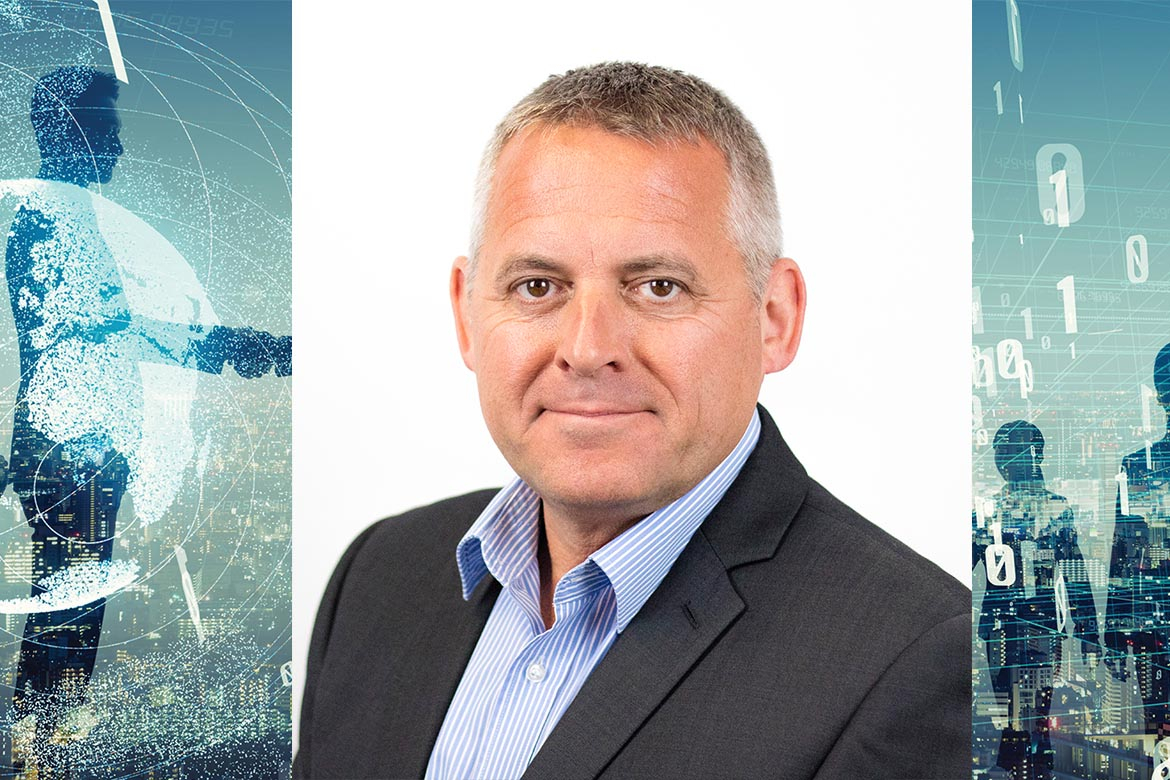The security industry in 2019
We asked Barry Dawson, Operations Director, Wilson James: How can the security industry adapt to meet the challenges in 2019 and beyond?
Barry Dawson, Operations Director, Wilson James
Security has changed
The realities of the 21st century require organisations to maintain a broad understanding of the evolving risks to people, property, assets and reputations. Security is no longer a matter of capable, but relatively simple, manned guard offerings; security organisations must pre-empt and respond to counter terrorism, cyber-attacks, heightened media attention and old-fashioned human error.
At its heart, the security industry is a people business
It goes without saying that investment in technology and information is vital. But while the technology that underpins our industry is developing fast, it has not yet achieved or exceeded the role of human judgement or decision-making. At its heart, the security industry in 2019 is a people business. In addition to investing in new technological solutions, it is important that security providers who wish not only to stay relevant but to drive innovation also continue to invest in their people.
Organisations that recognise this fact have the opportunity to shape the future of the workforce by developing a generation of subject matter experts in the security field. Employers who take this opportunity seriously are investing in internal training programmes that result in recognised qualifications across a variety of disciplines. Wilson James launched two training programmes in this past year, one designed specifically to provide customer service training (often less available to security officers) and the other to identify and nurture future managers and leadership. This is not a “nice to have” programme, but a serious investment in the future of the business.
Developing soft skills in the security industry
Personal development, “soft skills” and additional qualifications have a vital role to play in the future of the sector. Security organisations which do not provide training opportunities that incorporate these elements are failing to future-proofing themselves against a changing risk climate and evolving client expectations.
Security is responsibility of all
Threats to facilities, people and assets are now broader than ever, and so must our solutions be. Security is no longer the responsibility of a designated few; it has become the responsibility of all. Our clients are not just interested in how we have responded to yesterday’s incidents; they want to know how we intend to protect them against tomorrow’s threats. More than ever, they are looking to the security industry as subject matter experts to advise them and consider their unique challenges when providing a service.
The importance of leadership cannot be overstated. The best way the security industry can prepare for the risks of the future is by taking an innovative and proactive role in developing bespoke solutions rather than trying to sell security as an off-the-shelf product.
Comprehensive approach to security
Our aim should be to support customers in managing their security risk through a comprehensive approach, one that begins long before appointment and extends into a long-term and collaborative partnership. Wilson James has responded to this need by launching a comprehensive Risk Advisory Service, combining consultancy and advisory services, supported by a range of trusted business partners and designed solutions. We have also transformed an existing call centre function into a 24-7 Operations Support Centre, with capabilities ranging from people management to crisis communications and data intelligence monitoring.
Drive to innovate
There will always be a role for “traditional” guarding services, but without the strategic engagement with clients to respond to challenges and drive necessary innovation, there is a risk of “traditional” becoming “antiquated”. We cannot respond to 21st- century risks with 20th-century offerings.
Security organisations that show themselves capable of providing not just traditional services but true expertise and guidance to their clients – and which invest in the development of a workforce who can supply the complex solutions required of the modern age – will succeed. Those that do not will find themselves unable to address the risks that they are hired to manage.


